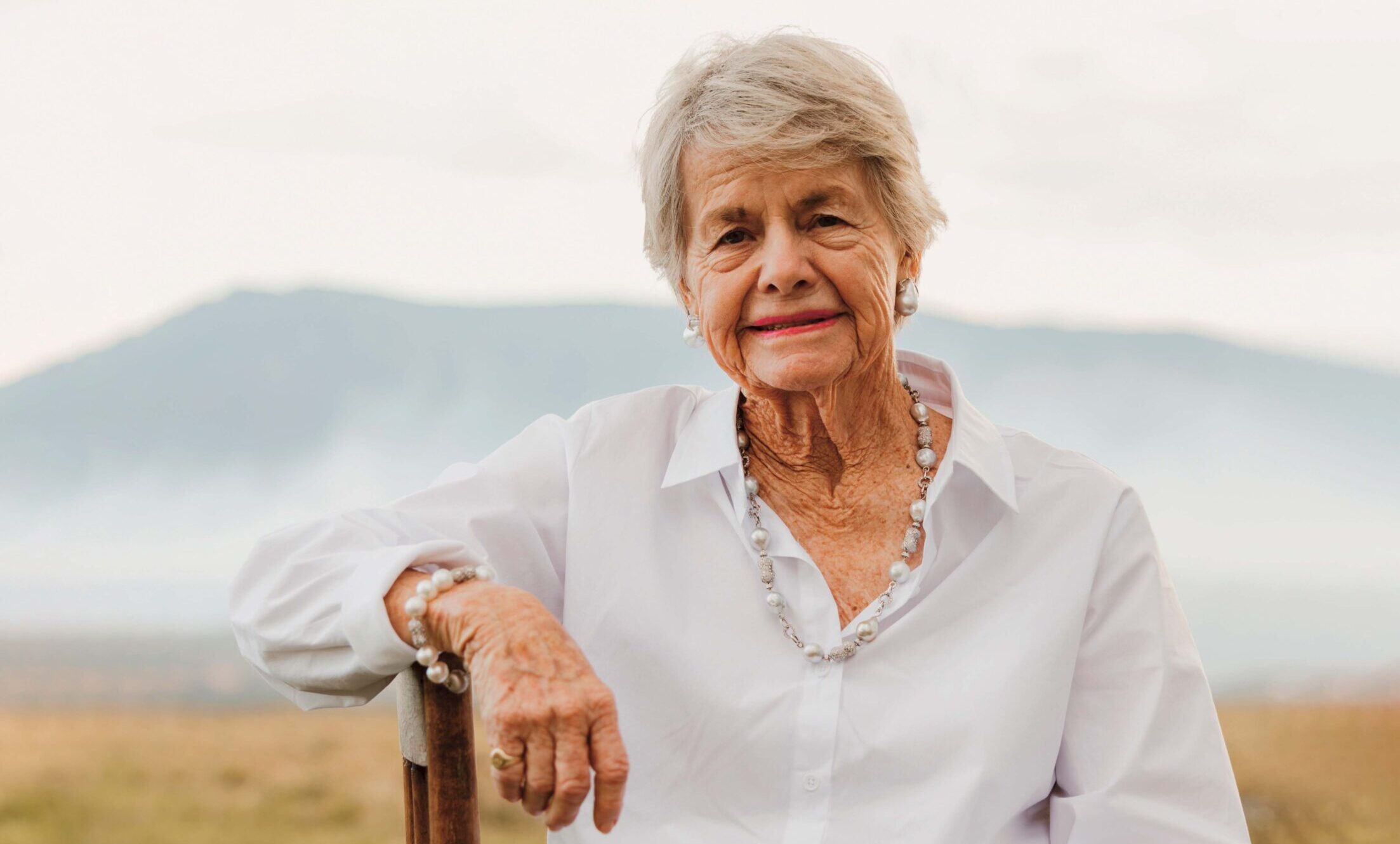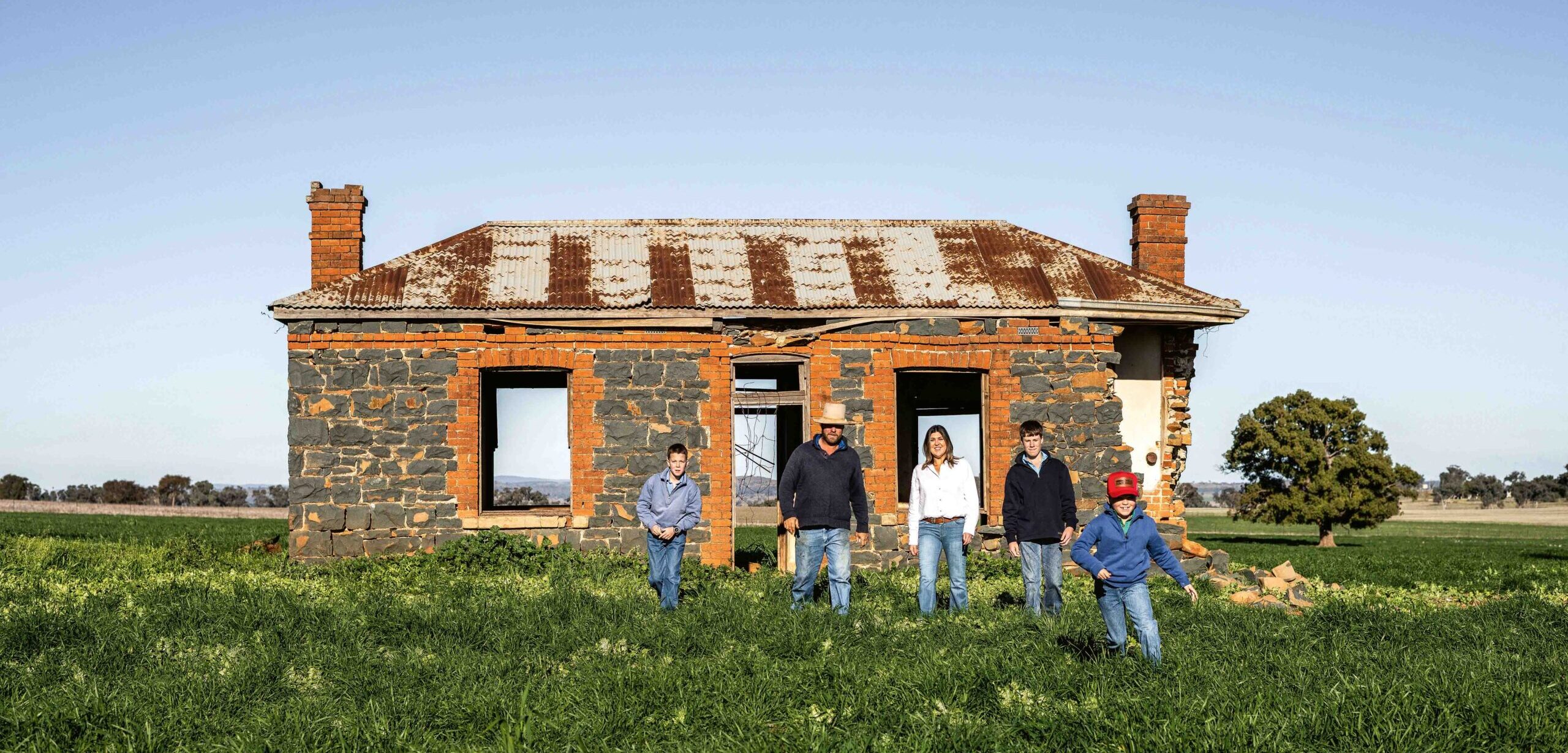Chocolatier and Wiradyuri woman Fiona Harrison shares her cultural knowledge via her business, Chocolate on Purpose.
Sign up to our mailing list for the best stories delivered to your inbox.
In our new series, 'How I started', Fiona Harrison explains the radical reset that led to her chocolate business.
WORDS EMMA MULHOLLAND FEATURE PHOTOGRAPH KYLIE PETTS
When Graziher caught up with Fiona Harrison to talk about the business she founded in Millthorpe, New South Wales, she was busy dressing pistachio-studded chocolate salamis destined for cheese platters around the country. The salami is a departure from her usual range, which features native ingredients traditionally used for medicinal purposes. For Fiona, a Wiradyuri woman, blending riberry and quandong with couverture chocolate is a way to share her cultural knowledge in a language that everyone understands.
Here, she talks about the pivots she’s made over the last 12 years, the role her ancestors play and the hashtag that saved her business…
Let’s start from the beginning. What were you doing before you started Chocolate on Purpose?
When I left school, I was a career banker for about 20 years. Then I was involved in an armed hold-up hostage situation and because of the traumas I’d been through in my life, it became like a nuclear explosion. I had to almost remake myself in terms of my identity and what my life was all about.
I went to TAFE and did a bookkeeping and office skills course. And during that time, I found my journey to healing basically through the phytochemicals of plant essences. I was working as a bookkeeper to help pay the mortgage, but I really wanted to find out more about the power of plants. So I studied aromatherapy medicine and started running a clinic from home while also being a contract bookkeeper.
And how did that evolve into Chocolate on Purpose ?
I really wanted to find a way to share the healing of plants in a more universal language. I did chocolate studies [at Savour, run by Kirsten Tibballs], just because I loved it. Then one day I took my friend Jo to a chocolate workshop and the teacher said, “We’re going to do a dark chocolate with black pepper.” I looked at Jo and said, “That’s an essential oil. Maybe chocolate could be the language?”
“I buy my native ingredients from Indigenous growers wherever I can… In the Australian native botanical supply chain, there’s less than two per cent representation of Indigenous people.”
And what’s your bestseller?
People love the white chocolate with Davidson plum. It’s actually ooray — I don’t like calling it Davidson plum because he [John Ewen Davidson] committed terrible atrocities against Aboriginal people. It’s a speckled pink colour and it’s a bit like a native Fruit Tingle. Second would be the dark chocolate with gulalung (or finger lime).
You’re very particular about the ingredients you source: you use ethically sourced Belgian chocolate and won’t touch palm oil. What about the bush foods you work with, where do they come from?
I buy my native ingredients from Indigenous growers wherever I can to support them to play a bigger game, and also to be able to advocate for them. In the Australian native botanical supply chain, there’s less than two per cent representation of Indigenous people. That really disappoints me because the industry has been founded on our cultural and intellectual property.
What were the first steps you took to start the business?
My marriage ended at about the same time, and I relocated regionally — I went back to where my family is from — so I could afford a place to live. I found an ex-Housing Commission home about 25 minutes out of Orange, in a little town called Millthorpe. It was very daggy but it was mine. I had to have full-time work to pay the mortgage, so I sold my chocolate at markets on weekends.
What kind of challenges have you encountered?
The bushfires came through in 2019 and though I wasn’t directly affected, they kept closing the road from Sydney and tourism more than halved. The markets had just got back on their feet when the Covid lockdowns hit. And I essentially didn’t have a business model because there was no tourism and no farmer’s markets. Jo [who helps with the business] got me online and created a very basic shopping cart. Then I noticed that people were using hashtags on Instagram, so I started to use #buyfromthebush. I started hashtagging like a demon and that’s how the business grew.
When the lockdowns lifted, there were two Instagram campaigns — one was from Turia Pitt and the other one was Empty Esky — and they encouraged everyone to travel down the east coast, take an esky and fill it with local produce. Every time they posted about my business, my shopping cart would go off.
What are some of the hard lessons you’ve learned along the way?
I don’t know how I could have changed this, but if I’d been able to launch my business with all the bells and whistles — in terms of spiffy packaging and digital marketing — I probably would have done a lot better. I’m just now getting into custom packaging [for corporate customers] but that’s taken 12 years.
“Go with your passion. Don’t go where you think the market is, because you’ll become tired of it very quickly and it will suck you dry.”
Where do you see the business heading over the next five years?
At the moment I make the chocolate at my home-based kitchen in Moss Vale, where I recently moved. But I’ve received a grant from the New South Wales Government to create a micro-tourism experience, so I’ll have a dedicated space at home where people will be able to see the chocolate being made through a viewing window. Then I’ll do my chocolate tasting experience, which takes you across country to the traditional lands where the plants are grown and you can learn about the people who grow them.
What advice would you give someone considering starting a business in regional Australia?
Go with your passion. Don’t go where you think the market is, because you’ll become tired of it very quickly and it will suck you dry. Let’s face it, business is tough. And in the regions, it’s even tougher with the cost of freight and the availability of things. I often have to do a supplier run to Sydney [about 1.5 hours’ drive] and spend the day picking up things, because it would cost over $400 in freight.
And what do you love about running your own business?
I’m not sure if it’ll ever make me rich or if I’ll end up with an exit strategy from this business but you know, I can lie straight in bed because as a certified social enterprise, the legacy of my business will be Chocolate for Good. I never wake up and not want to do my job. I might go to bed crying, thinking, “This is too hard. I can’t do it anymore”, but the next morning I’m up and thinking, “Right, what do I have to do today?”
Love this article? Consider subscribing to Graziher or gifting a subscription to someone special in your life.

After losing her husband, Penny Button took the reins at Crossmoor, managing the vast property near Longreach, Queensland.

Sending her boys to boarding school was a tough decision, but Dannielle Lees wants them to experience the best of life in Sydney.